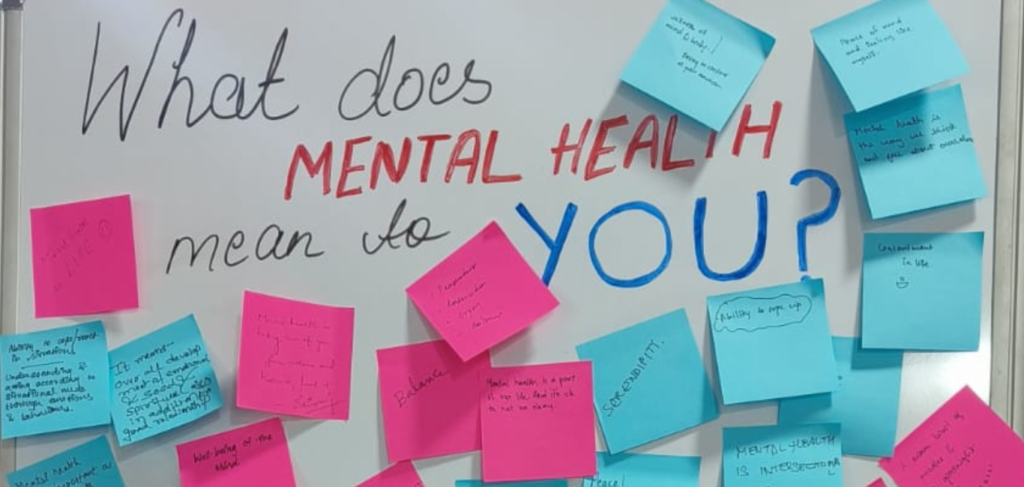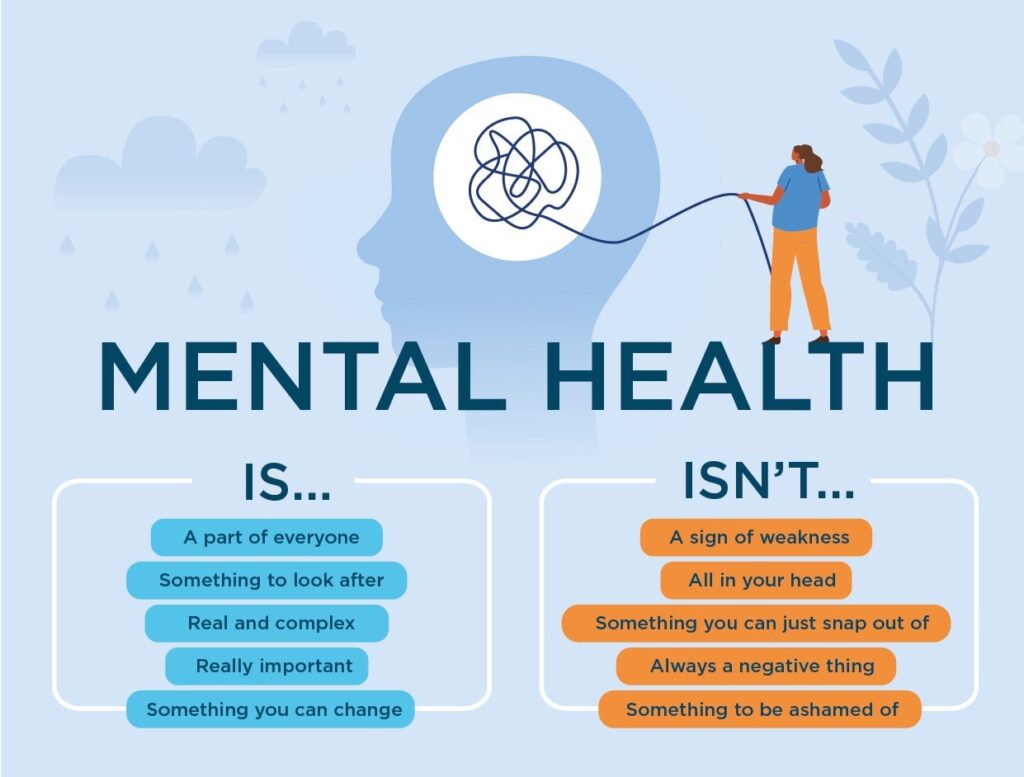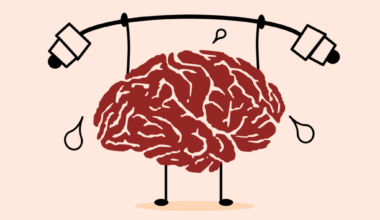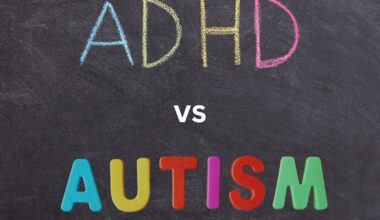Why is it Important to Take Care of Your Mental Health?
Mental health – the unsung hero of our overall well-being. It’s the foundation upon which we build our lives, relationships, and experiences. Yet, it’s often neglected until it starts to crumble. Taking care of your mental health is just as crucial as maintaining your physical health. Yet, it’s often overlooked or misunderstood. In this blog post, I’ll explore why taking care of your mental health is important. By understanding its significance, we can better prioritize our mental well-being and lead more fulfilling lives.
Key Takeaways
- According to the National Alliance of Mental Illness (NAMI), one in every five Americans has mental health issues, which equates to more than 40 million persons each year.
- Emotional and mental health is crucial because it’s a vital component of your life and affects your thoughts, behaviors, and emotions.
- Some of the benefits of taking care of your mental health include enhanced brain and cognitive functioning, improved physical health, positive self-image, balance in overall well-being, and improved productivity and performance.
- There is clearly no magic cure-all button that can improve our mental health. Instead, it takes a combination of therapies, resources, and lifestyle adjustments to help you feel better mentally.
What Does Mental Health Mean?

Mental health refers to our psychological, emotional, and social well-being. This means that it influences how we feel, think, and behave daily. Our mental health also influences how we make decisions, deal with stress, and react to others in our lives.
Mental health is vital for leading a healthy life. According to the National Alliance of Mental Illness (NAMI), one in every five Americans has mental health issues, which equates to more than 40 million persons each year. It’s crucial to remember that mental health is equal to physical health.
When our mental health is in good shape, we can enjoy life, feel more connected to others, and be more resilient in the face of challenges. However, when it’s compromised, it can affect every aspect of our lives, from our relationships to our job performance.
Why Is Mental Health Important?

Emotional and mental health is crucial because it’s a vital component of your life and affects your thoughts, behaviors, and emotions. Being emotionally healthy can help you be more productive and effective at work, school, or caregiving. It is critical to the quality of your relationships and allows you to adapt to life events and deal with adversity.
What is included in Mental Health?

It’s probably safe to say that “mental health” has become as popular as “self-care.” Mental health affects many aspects of our lives, including our relationships with others, what makes us feel fulfilled, and how we deal with life’s challenges.
Our mental health can be affected by factors like:
- Your self-esteem and self-worth.
- The way you socialize with others.
- The way you find meaning and value in your life.
- Your psychological functioning as it’s tied to memory and problem-solving.
- Your physical well-being.
- Whether or not you have a mental health disorder like anxiety or depression.
Why is it Important to Take Care of your Mental Health

Often, mental health issues are “invisible” to those around you – or even to yourself. As a result, it is critical to recognize when your mental health is deteriorating. Here are some of the benefits of taking care of your mental health:
#1. It affects your brain and cognitive functioning
Taking care of your mental health can significantly enhance your quality of life. When you feel mentally well, you’re more likely to engage in activities you enjoy, maintain healthy relationships, and pursue your goals with enthusiasm.
I remember a time when I was overwhelmed with work and personal responsibilities. My mental health took a hit, and I found it hard to enjoy the little things in life. It wasn’t until I started prioritizing my mental well-being—through therapy, mindfulness, and self-care—that I began to see a positive shift. I felt more present, engaged, and genuinely happy.
#2. It affects the rest of your physical health
Mental and physical health are closely linked. Poor mental health can lead to physical health problems, and vice versa. For instance, chronic stress can cause a variety of physical issues such as headaches, high blood pressure, and a weakened immune system. According to the American Psychological Association (APA), stress is linked to the six leading causes of death: heart disease, cancer, lung ailments, accidents, cirrhosis of the liver, and suicide.
When I started incorporating regular exercise into my routine, I noticed not only physical benefits but also mental ones. Exercise releases endorphins, which are natural mood lifters. It helped me manage stress better and feel more energetic throughout the day.
#3. It can help you maintain a positive self-image
Sure, we get down on ourselves every once in a while. However, our overall perception of ourselves has a significant impact on our mental health, particularly our self-esteem and self-worth. Having strong mental health allows you to understand your own strengths and limitations, as well as maintain a healthy degree of self-esteem.
#4. It can impact your overall well-being
We all have a lot of feelings and learning how to control them is an important aspect of mental health. This entails striking a balance between being able to discuss and accept your feelings and not allowing them to control your life. This might involve things like controlling stress, coping with difficult situations, and maintaining a positive outlook when times are tough.
#5. It improves productivity and performance
Good mental health is essential for optimal productivity and performance. When you’re mentally well, you can focus better, think more clearly, and make better decisions. The World Economic Forum reports that poor mental health costs the global economy $1 trillion per year in lost productivity.
In my career, I’ve seen how taking care of our mental health has improved our teamwork performance. By setting boundaries, taking breaks, and practicing mindfulness, we’ve been able to stay focused and productive, even during busy periods.
#6. It can impact your relationships
Mental health plays a crucial role in the quality of our relationships. When you’re mentally well, you’re better able to connect with others, communicate effectively, and handle conflicts constructively. Poor mental health, on the other hand, can lead to misunderstandings, irritability, and isolation.
During a difficult period in my life, I noticed that my relationships were suffering. I was withdrawn and easily irritated. Once I sought help and started working on my mental health, I found that my relationships improved dramatically. I was more patient, understanding, and connected with my loved ones.
#7. It can help you build resilience
Resilience is the ability to bounce back from adversity. Good mental health enhances your resilience, making it easier to cope with life’s challenges and setbacks. According to a study published in the Journal of Occupational and Environmental Medicine, resilient individuals are less likely to experience burnout and are better equipped to handle stress.
How to Improve Mental Health

There is clearly no magic cure-all button that can improve our mental health. Instead, it takes a combination of therapies, resources, and lifestyle adjustments to help you feel better mentally.
#1. Lifestyle changes
Adopting healthy lifestyle practices can improve your mental health. This includes exercising regularly, eating a well-balanced diet, getting enough sleep, and lowering stress with relaxation techniques such as meditation or mindfulness.
#2. Psychotherapy
Psychotherapy, often known as talk therapy or counseling, is a series of conversations between a qualified mental health practitioner and a person or group. Various mental health difficulties can be addressed using different approaches, such as cognitive behavioral therapy (CBT) or dialectical behavior therapy (DBT).
#3. Support groups
Peer support groups or group therapy sessions might help you connect with people who have faced similar mental health issues. These groups provide a sense of connection, understanding, and a chance to share coping mechanisms.
#4. Medication
In rare situations, a psychiatrist or other competent healthcare provider may prescribe medication to help control the symptoms of mental challenges. Antidepressants, anti-anxiety medicines, and mood stabilizers are among the most often prescribed medications.
#5. Seek professional help
There’s no shame in seeking help from a mental health professional. Therapists and counselors can provide support, coping strategies, and a safe space to talk about your feelings. The APA reports that therapy is effective for treating a wide range of mental health issues, from depression and anxiety to stress and relationship problems.
#6. Build a support network
Having a strong support network is vital for mental health. Friends, family, and community groups can provide emotional support, practical help, and a sense of belonging. According to a Harvard study, people with strong social connections are happier, healthier, and live longer.
Reconnecting with friends and making time for family has been incredibly beneficial for my mental health. Knowing that I have people who care about me and are there to support me makes a huge difference.
#7. Stay active
Physical activity is a powerful tool for improving mental health. Exercise releases endorphins reduces stress, and improves sleep. The Centers for Disease Control and Prevention (CDC) recommends at least 150 minutes of moderate-intensity aerobic activity each week for adults.
Incorporating regular exercise into my routine has had a profound impact on my mental health. Whether it’s a brisk walk, a yoga session, or a workout at the gym, staying active helps me manage stress and feel more energized.
#8. Limit alcohol and avoid drugs
Substance abuse can exacerbate mental health problems. Limiting alcohol intake and avoiding drugs can help maintain mental clarity and emotional stability. Cutting back on alcohol will significantly improve your mood swings and overall emotional stability. It’s crucial to be mindful of how substances can affect your mental health.
#9. Get enough sleep
Sleep is crucial for mental health. Lack of sleep can lead to irritability, mood swings, and cognitive impairment. The National Sleep Foundation recommends 7-9 hours of sleep per night for adults.
Establishing a bedtime routine, like turning off screens an hour before bed and reading a book, can help you improve your sleep quality and overall mental state. It’s amazing how much better you can feel after a good night’s rest.
#10. Eat a balanced diet
Nutrition plays a significant role in mental health. Diets rich in fruits, vegetables, whole grains, and lean proteins can improve brain function and mood. Omega-3 fatty acids, found in fish and flaxseeds, are particularly beneficial for mental health.
When I started eating more whole foods and cutting out processed sugars, I noticed a marked improvement in my mental clarity and mood. Making simple changes, like having a smoothie with spinach, berries, and flaxseeds for breakfast, can make a big difference.
#11. Other therapies
You may want to look into complementary or integrative approaches to mental health treatment, such as acupuncture, certain yoga practices, art therapy, or music therapy. These can be combined with standard treatments to provide additional support. Overall, caring for your mental health begins with checking in with yourself
Conclusion
Taking care of your mental health is a lifelong journey. It’s about self-compassion, resilience, and a commitment to well-being. By prioritizing your mental health, you’re investing in your overall happiness and fulfillment.
What steps are you taking to improve your mental health? Share your experiences and tips in the comments below. Let’s support each other on this journey.
Related Articles
- How to Prevent Mental Health Problems
- What Causes Poor Mental Health?
- Is It Normal to Talk to Yourself? Should You Be Worried? (Expert Guide)
- 11+ Activities That Build Self-Esteem, Updated!!!
- 15 Practical Ways on How To Have Self-control Sexually
- What Increases the Risk of Autism During Pregnancy? What You Need to Know






